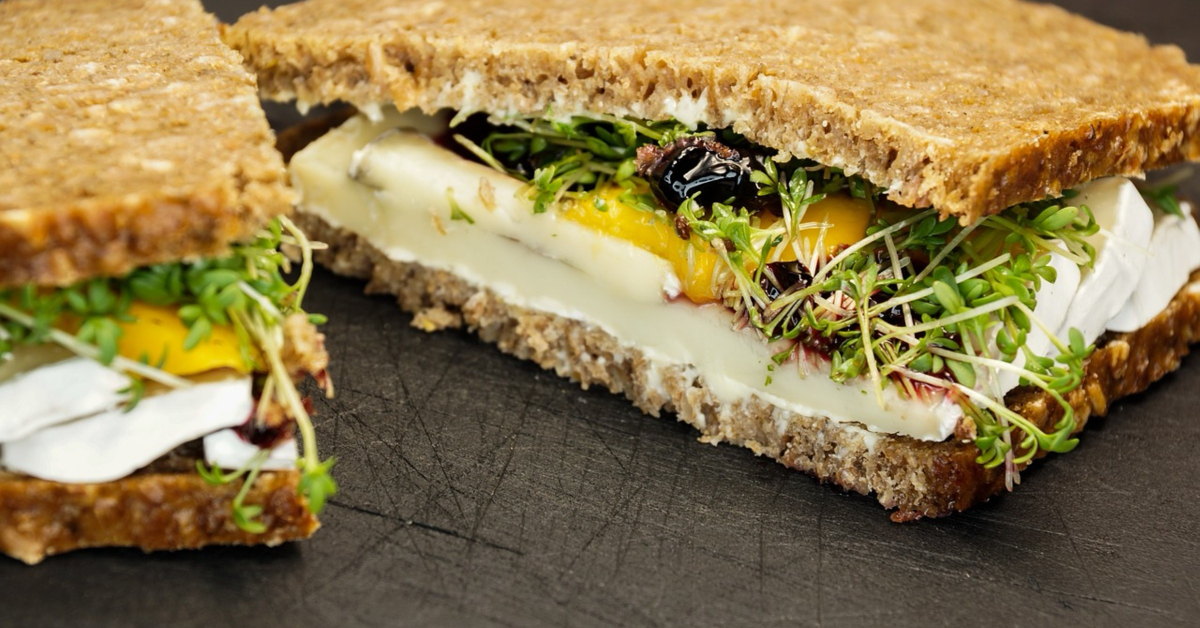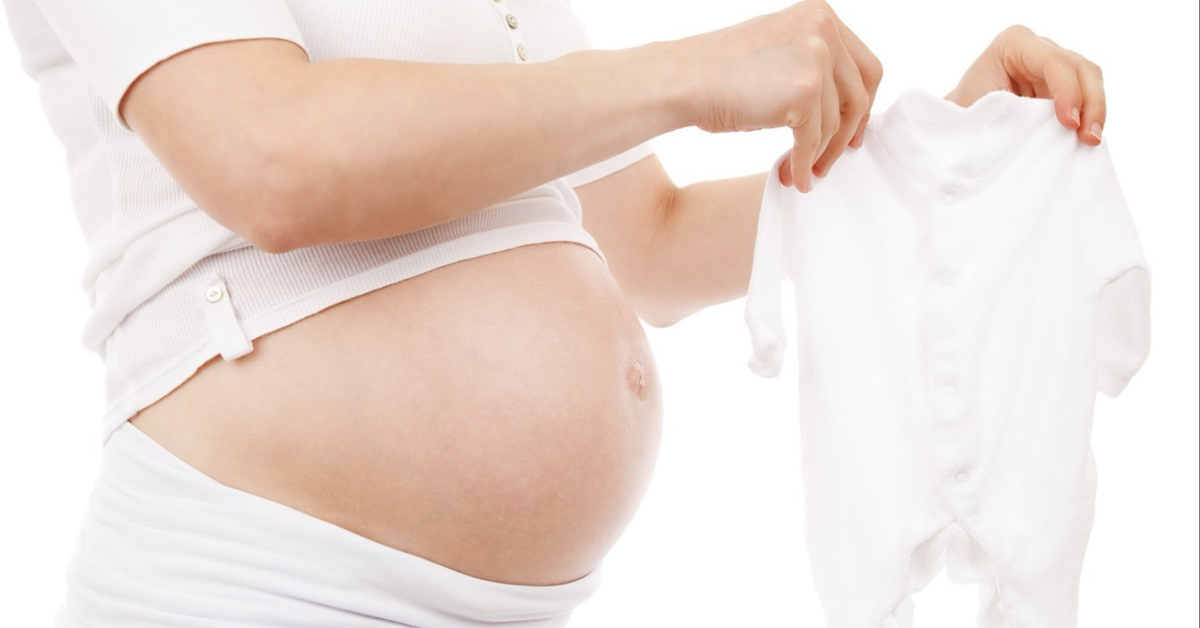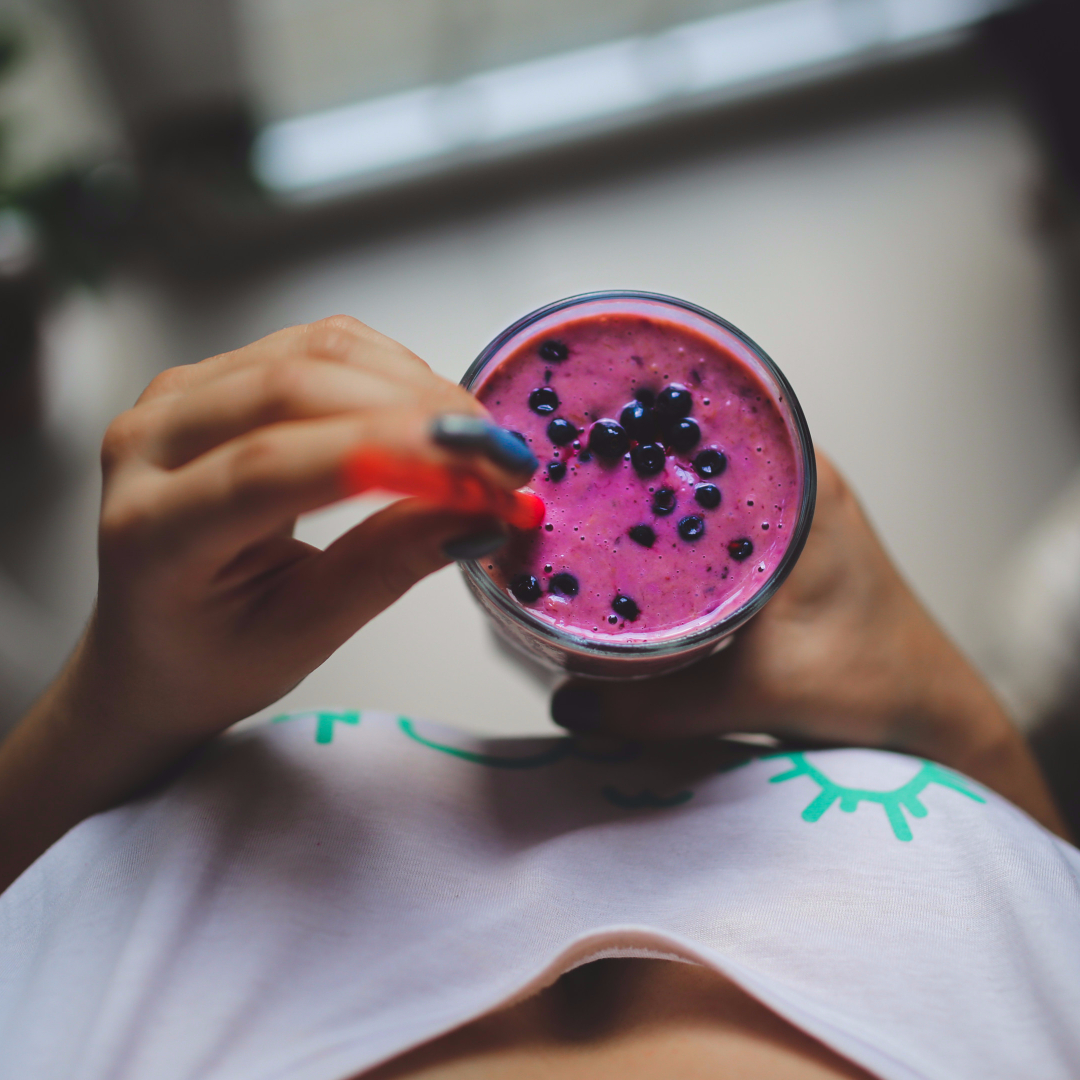 You’re ready to start a family. But your excitement quickly turns to frustration as you realize this may be a tad trickier than you thought. What comes next? Panic and stress. And this can make getting pregnant even more unattainable. What’s going on with your fertility?
You’re ready to start a family. But your excitement quickly turns to frustration as you realize this may be a tad trickier than you thought. What comes next? Panic and stress. And this can make getting pregnant even more unattainable. What’s going on with your fertility?
You might have thought that getting busy in the bedroom was all you needed to worry about. However, there are many factors that can contribute to a woman’s fertility. Your periods may be super regular every month, but that’s not all we’re looking at here.
Most medical professionals and fertility specialists agree that there is a clear link between diet and fertility. While eating a diet full of fertility promoting foods will not guarantee pregnancy, it can certainly boost your chances. Take a look at how you can exploit the link between food and fertility to help you and your partner achieve your parenthood aspirations.
Weight
This is something that can be a sensitive issue. But here’s the deal. The more extra body fat you carry, the more you’ll see a dramatic reduction in your fertility. Being a healthy weight is vital to maximize your chances of getting pregnant. While BMI doesn’t tell the whole story (due to things like muscle mass), it is a good place to start. Ideally, you should be within a BMI range of 18.6 to 24.
Being a healthy weight won’t just help you get pregnant. It will help you more easily and safely go full term. Being a healthy weight means that you have the right foundations from which to attempt pregnancy.
But if you need to trim down, don’t launch into a crash diet! You want to avoid going into fertility crushing ketosis. You need to go slowly and aim to lose a pound a week.
Combine a healthy eating plan full of fresh fruit, vegetables and lean meats and oily fish. And don’t forget to exercise. Brisk walking, a zumba class or a bike ride down to the park while keeping hydrated will help you drop the ponds and leave you with mood-boosting endorphins
Insulin Levels
Focus on whole grains over processed carbs. This means swapping your white bread, pasta and rice for whole grain varieties. These unrefined grains release sugar in the body in a more controlled way. Which is important because sugar spikes cause high insulin levels that have a negative effect on ovulation.
Your insulin levels can also be negatively impacted by trans fats. You’ll find these man-made fats in foods made for convenience such as cookies, frozen and boxed meals, and margarine. And they can cause what’s called insulin resistance and a problem processing sugars. Which leads to excess insulin in your bloodstream inhibiting regular ovulation.
What happens next? You might develop what’s called Polycystic ovary syndrome. This is one of the major contributors for fertility issues. Often symptomless, many women don’t realize that they suffer from it until they try to get pregnant.
Your doctor may prescribe medication to help create a hormone balance more conducive to pregnancy. However, there is also evidence that a PCOS diet can help aid fertility. Eating whole grains as well as a diet rich in leafy greens and oily fish can give you an optimum balance of the vitamins and minerals you need to positively impact your PCOS and your fertility.
 Dairy
Dairy
Ready for a shocker? Studies at Harvard have found that women who select the so-called healthier low-fat dairy options tend to have more fertility issues. Instead, these studies show you should choose full-fat dairy. Choose plain full-fat yogurt, or plain full-fat milk. But remember, moderation is key.
Folic Acid
You probably know you need to take folic acid while pregnant , but you may not realize the benefits of folic acid when actually trying to get pregnant. One study demonstrated that taking 400 micrograms of folic acid each day, gives women a forty percent decreased chance of experiencing infertility. That’s pretty significant! So it makes sense to take it as a supplement every day.
Medical Intervention
The reality is that a healthy diet and fertility boosting foods may not be enough. If you’ve been trying for a baby for an extended period and there’s no sign of a blue line on your pregnancy strip, seek medical assistance. There could be an underlying medical issue preventing pregnancy.
But please don’t despair. While the road to pregnancy may be a little more arduous, you’re still likely to arrive at your destination.
 Don’t leave it all to the bedroom. Work on creating a diet that is fertility rich. Focus on your health, your mindset, and your attitude towards fertility. Before long, you might just be be cradling your own little bundle of joy.
Don’t leave it all to the bedroom. Work on creating a diet that is fertility rich. Focus on your health, your mindset, and your attitude towards fertility. Before long, you might just be be cradling your own little bundle of joy.
(This post contains affiliate links)
*photos courtesy of Pixabay


[…] drinks you consume can have a big effect on your overall health. But did you know that there are some foods you need to stay away from while trying to conceive? One of these is […]